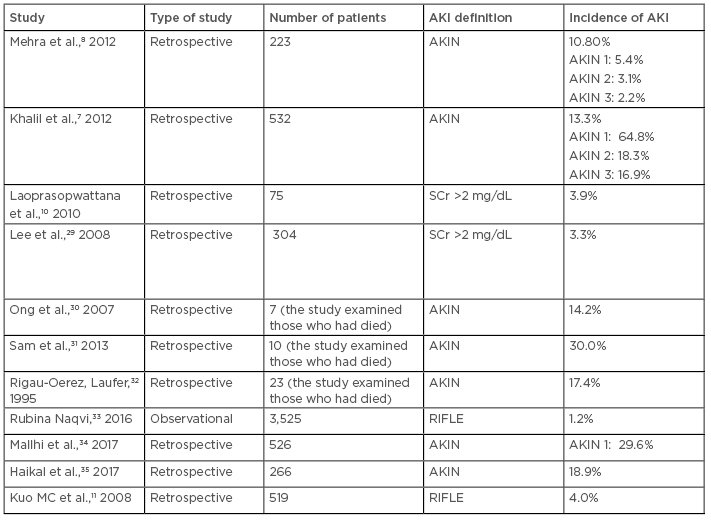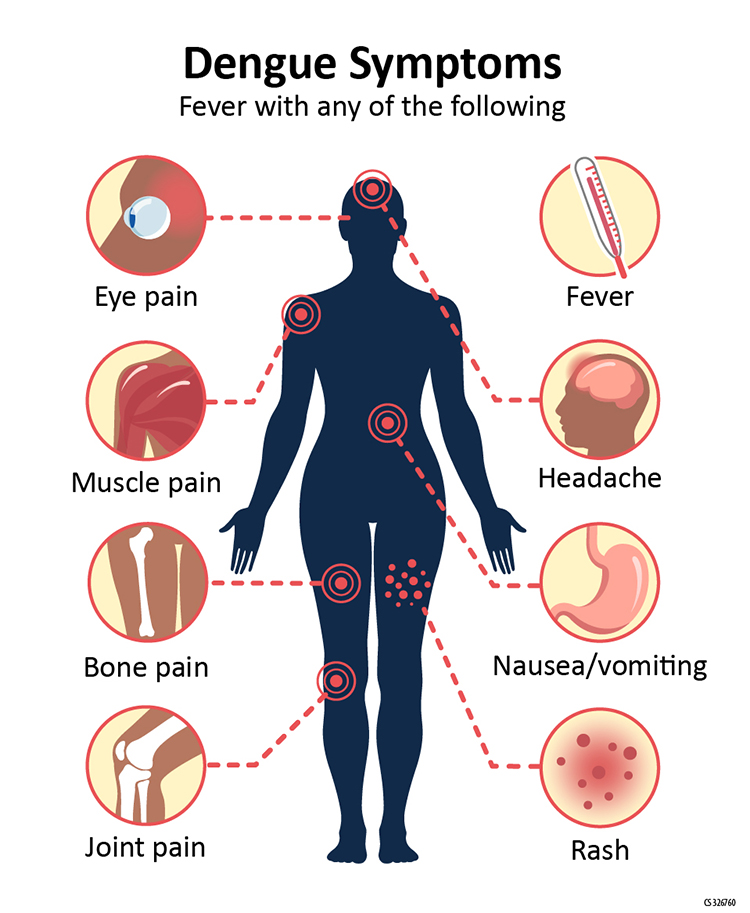
The typical natural course of dengue fever includes fever and thrombocytopenia. Some patients may have a prolonged febrile period while others may experience only a short one. Some may develop severe diarrhea, vomiting, and bleeding. The patient may experience bruising and/or bleeding from the nose or mouth. Some of these symptoms may be severe or even fatal. While there is no specific medication for dengue fever, there are several types of treatments available to manage the disease.
The symptoms of dengue fever include a high fever, retro-orbital pain, muscle and bone pain, and easy bruising. The patient may also experience mild bleeding of the nose or eyes. Although most dengue fever patients recover on their own within a week or two, those with serious infections may require medical care. To reduce the chances of death, patients should be bedridden for at least three days. A visit to the doctor or clinic is not necessary for severe cases.
Dengue fever treatments can be individualized based on the severity of the symptoms. The most basic treatment for dengue fever includes oral hydration and pain control medications, such as acetaminophen. However, patients with more severe infections may require hospital care. Non-steroidal anti-inflammatory drugs and NSAIDs can increase bleeding, so these drugs are not always the best choice. It is important to remember that these medications can worsen your condition.
The treatment for dengue fever depends on the severity of the infection. Although there is no specific medicine for dengue, many people will take acetaminophen or paracetamol to relieve the symptoms. While these medications can help reduce fever, they may not be sufficient. The first few days of the critical phase are crucial for the recovery of dengue patients. The patient should be placed on bed rest for several days to get the best results.
Despite its widespread prevalence in the United States, dengue fever can be treated at home with a range of dengue fever medications. While these medicines are effective for mild to moderate cases, they should be administered by a medical professional. They should be used in combination with appropriate treatment. In case of severe cases, the doctor may prescribe additional treatments. For example, some patients may need to stay in the hospital for three to five days.

Treatment for dengue fever includes a range of medications that can help reduce fever, relieve symptoms, and prevent further complications. Most common dengue medications include acetaminophen for pain, and nonsteroidal anti-inflammatory drugs for inflammation. In severe cases, a hospital stay is required. If the symptoms do not improve, a healthcare provider should be consulted immediately. There are many options for treating the disease. For instance, you can go to a clinic or emergency room.
If the infection is severe, the patient will need immediate medical attention. During this period, the patient should be under the close supervision of a medical professional. Such close monitoring is essential to prevent complications and death. Also, if you are going to have surgery, your doctor will prescribe anti-inflammatory drugs to treat dengue fever. It is best to consult a doctor on site sga.co.th for the diagnosis of dengue fever. It is very important to drink plenty of water.
During the first few days after infection, doctors may prescribe acetaminophen to reduce fever. It is important not to take NSAIDs, as they may increase the risk of serious bleeding. Rather, they may recommend that you use a mosquito repellent that contains at least 20-30% DEET. Using mosquito repellants with this ingredient will prevent bites and prevent disease. These medicines should be taken as directed by your doctor.
The doctor will evaluate the symptoms of dengue fever and send a sample of the patient’s blood for analysis. Symptoms of dengue fever can last three to fifteen days after a mosquito bite. At this time, most patients have a fever for the first few days, and the disease is mild. In the early stages of the infection, the doctor will prescribe acetaminophen for pain and aspirin for the patient’s safety. If symptoms persist, a doctor will likely prescribe an anti-inflammatory drug such as ibuprofen.